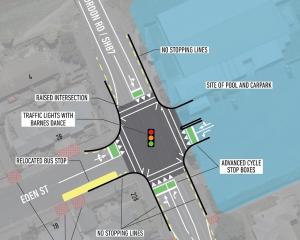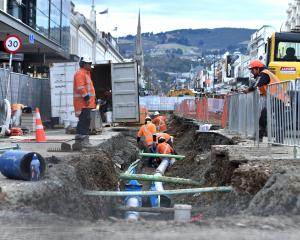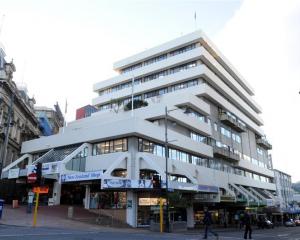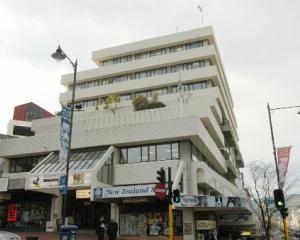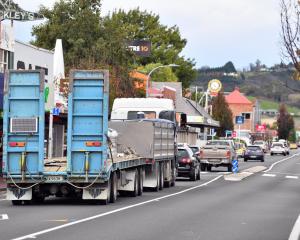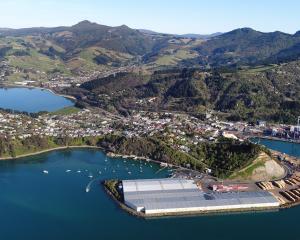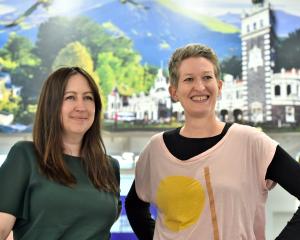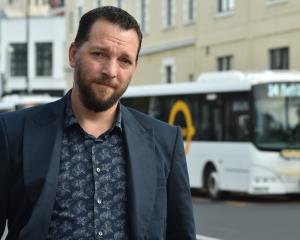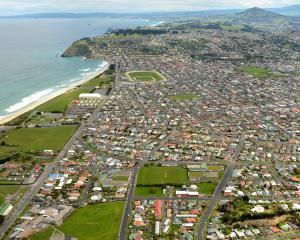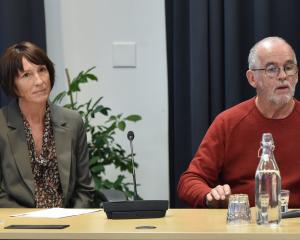A"Dunedin digital office" approved this week is expected to cost the city up to $325,000 and add two staff members to the council's books.
But Mayor Dave Cull has argued the cost must be borne to make sure other New Zealand cities did not get "way ahead of us" in digital development.
Establishment of the office, agreed to at a finance, strategy and development committee meeting this week, is part of the council's digital strategy, which was driven by Mr Cull when he was a councillor before the most recent election.
The strategy included 10 projects to develop a "digital Dunedin", including a wireless service across the central city and outlying suburbs, a Dunedin city portal to integrate information in a single entity, and a computer club house to provide digital access for those without it.
The strategy was planned to work alongside the Government's national deployment of broadband infrastructure.
The council funding of $125,000 agreed to on Monday was subject to the approval of the next full council meeting, and $100,000 a year for the 2012-13 and 2013-14 financial years was subject to "external support".
A report from deputy mayor Cr Chris Staynes said the office would implement projects, work with community groups and deliver the strategy's goals.
It would require an annual budget of $250,000 to $300,000, which would include the cost of two staff members.
The strategy steering group would approach funding organisations and businesses to secure most of the funding, but it needed a financial commitment from the council.
Early indications were "a number of significant businesses" would contribute and it might have a community organisation as a major sponsor.
Cr Staynes said after the meeting the steering group would begin work quickly and the office was expected to open before July.
The plan did not get full agreement at the meeting.
Cr Fliss Butcher asked what the office would actually do, suggesting a "digital office" was an oxymoron, and Cr Teresa Stevenson argued staff already at the council should take the positions on offer.
Mr Cull became clearly exasperated by what he described as "relitigation" of a strategy already agreed to by the council following consultation and hearings.
Council staff already employed had neither the time nor the expertise to do the "advocacy" role intended.
Organisations such as the University of Otago, the Otago Polytechnic and the Community Trust of Otago were keen to be involved, but were not prepared to do the work on their own.
"I can't emphasise enough how important this is," he said.
It was essential for the education and health sectors, and the economic development of the city, he said.
Developing a digital city took more than just laying fibre in the ground.
Other councillors agreed and the establishment of the office was endorsed, despite opposition from Crs Stevenson, Butcher and Lee Vandervis.


